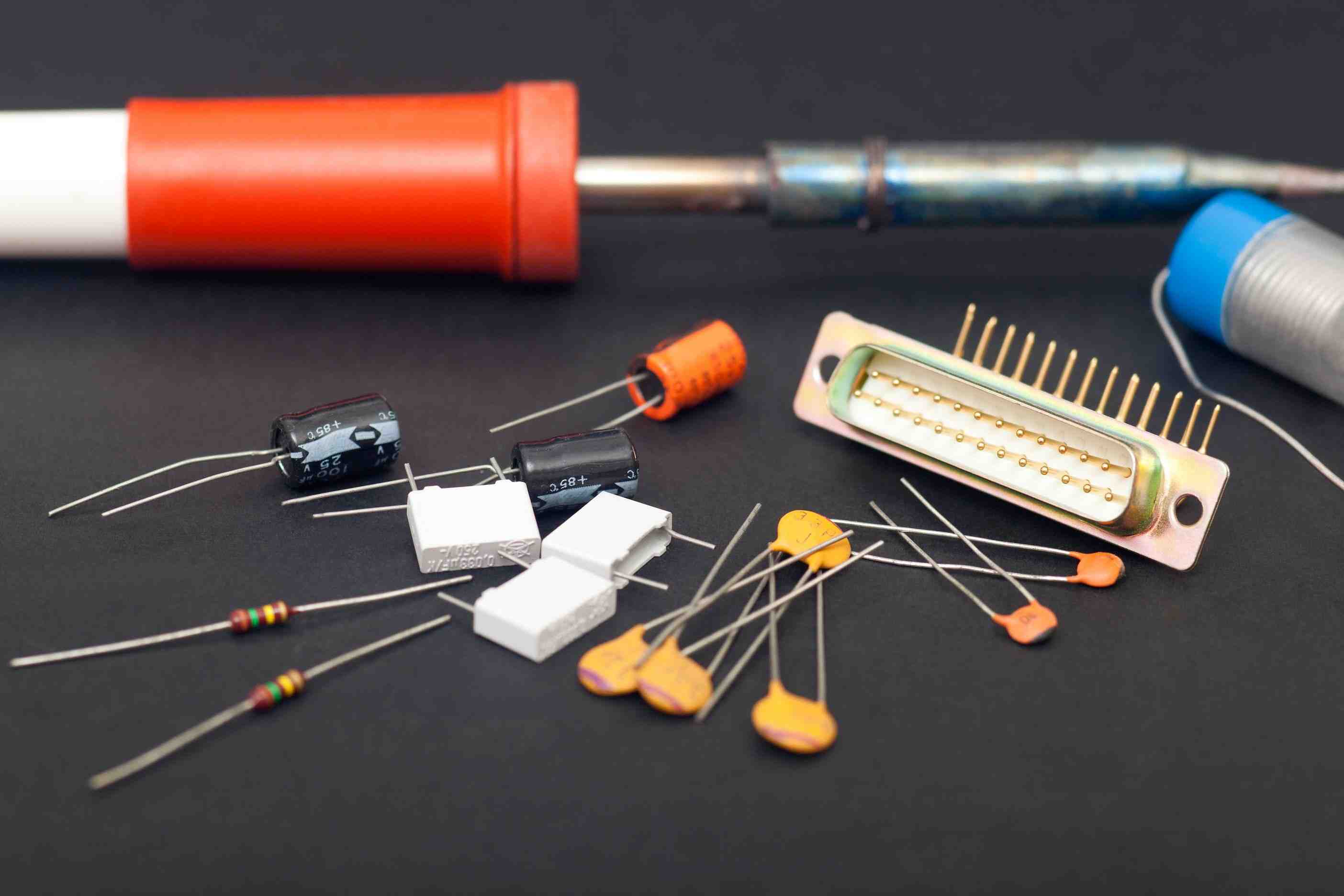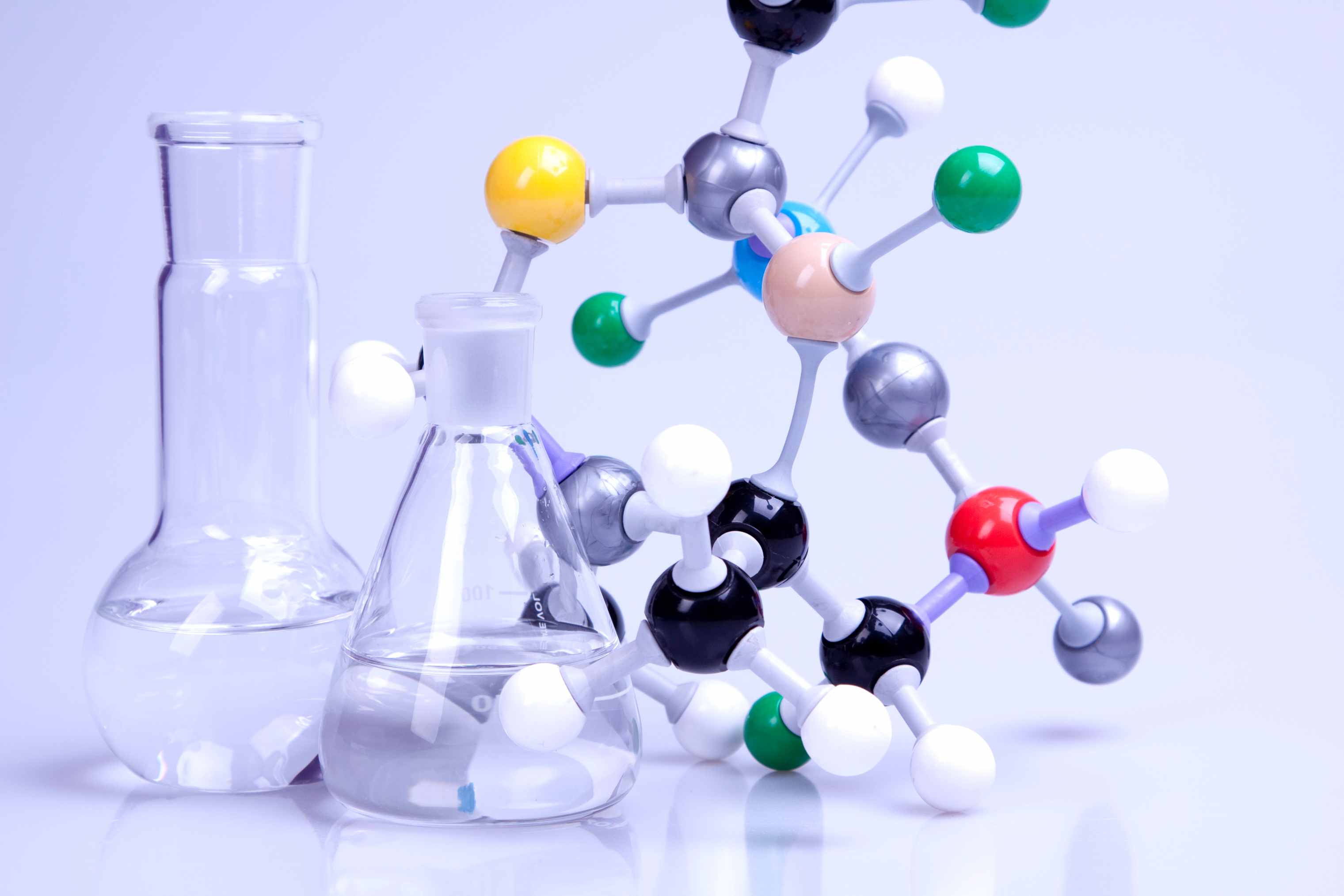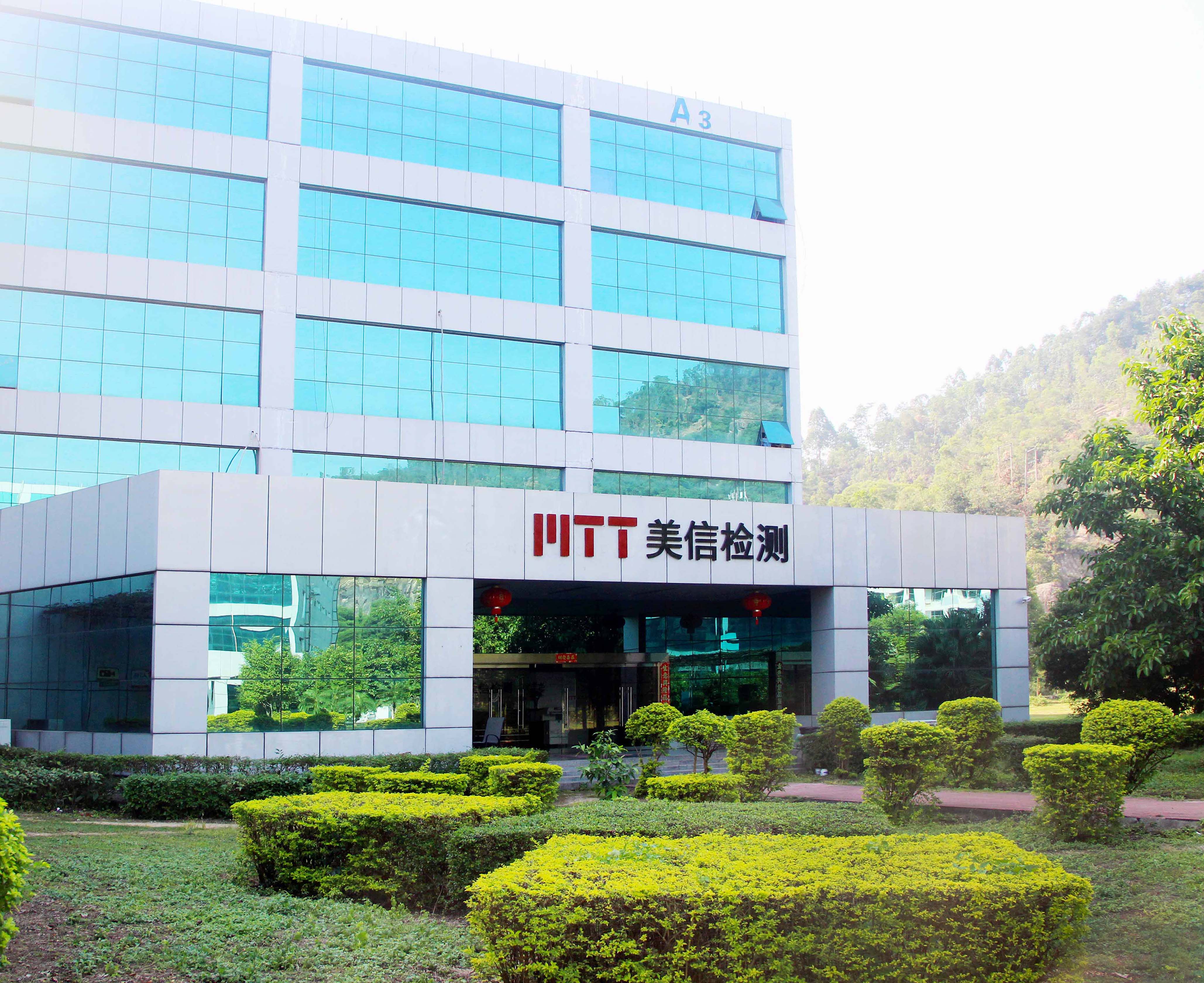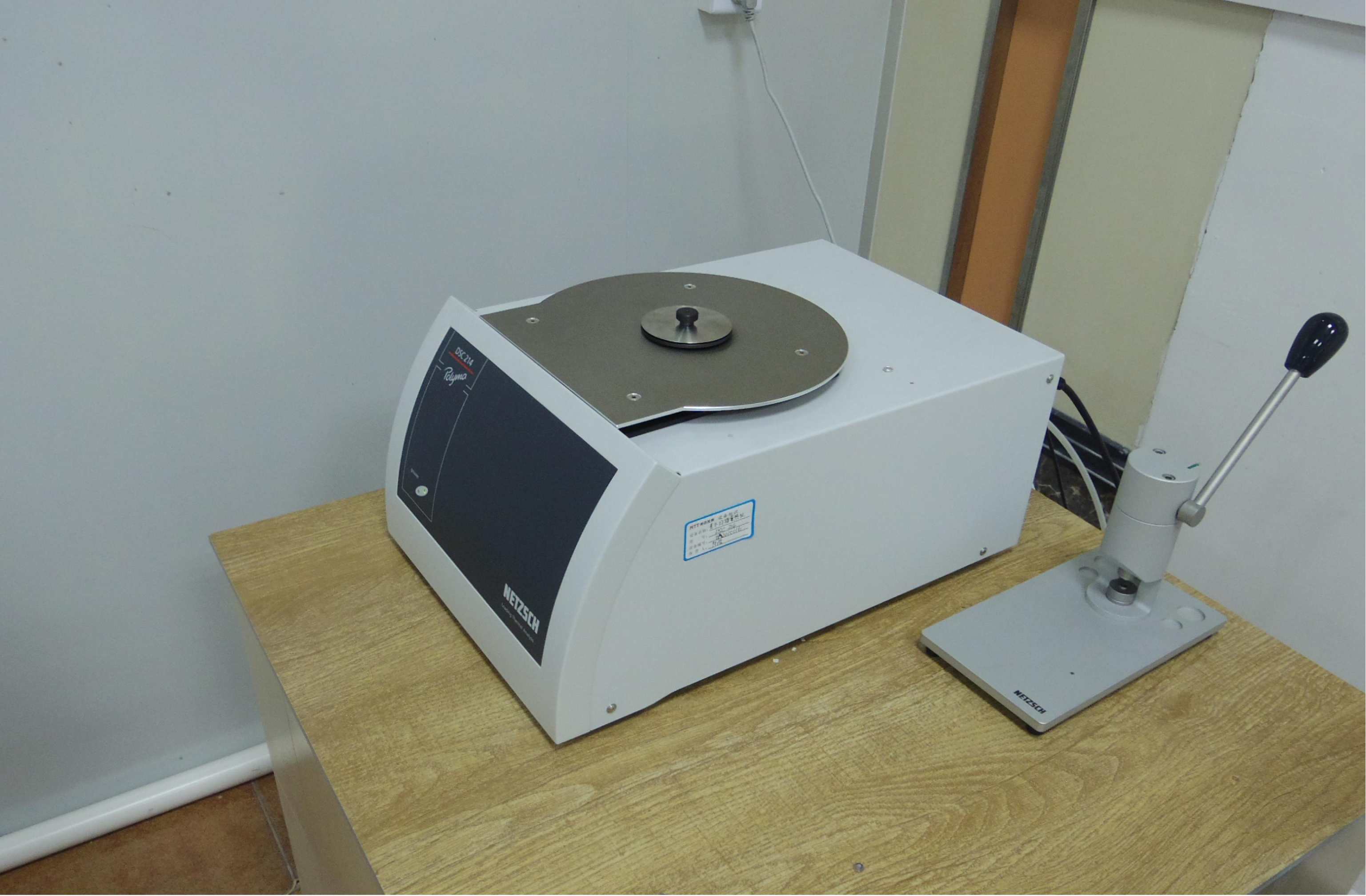




























DSC (Differential Scanning Calorimeter), as a powerful and versatile thermal analysis tool, is widely used to explore the intrinsic thermal properties of substances (phase transitions, heat capacity), physical state changes (vitrification, crystallization/melting), chemical reaction processes (curing, decomposition, oxidation) and their kinetics, serving various aspects from basic scientific research to industrial R&D, production control and failure analysis.

| Project Background
DSC (Differential Scanning Calorimeter), as a powerful and versatile thermal analysis tool, is widely used to explore the intrinsic thermal properties of substances (phase transitions, heat capacity), physical state changes (vitrification, crystallization/melting), chemical reaction processes (curing, decomposition, oxidation) and their kinetics, serving various aspects from basic scientific research to industrial R&D, production control and failure analysis. Its core value lies in providing key information directly related to energy changes, which is indispensable for understanding material behavior, optimizing processes and ensuring product quality.
| Project Overview
During the programmed temperature (heating/cooling/isothermal and their combinations) process, the heat flow difference between the sample and the reference material is measured to characterize all physical and chemical changes related to thermal effects. Tests such as glass transition, compatibility, melting, crystallization, thermal stability, oxidation stability, heat of fusion, heat of crystallization, substance identification, specific heat, and degree of curing can be carried out.
| Test Objective
1. Characterization of basic thermal properties of materials;
2. Research and development of materials;
3. Quality control and assurance.
| Testing Standards
ISO 11357 series Plastics - Differential scanning calorimetry (DSC)
GB/T 19466 series Plastics - Differential scanning calorimetry (DSC)
ASTM D3418 Standard Test Method for Transition Temperatures and Enthalpies of Fusion and Crystallization of Polymers by DSC
ASTM D7426 Test Method for Determining Melting and Crystallization Temperatures of Polymers by DSC
ASTM E794 Test Method for Determining Melting and Crystallization Temperatures by DSC
| Service Products / Fields
Consumer electronics, automotive electronics, electronics manufacturing, plastics industry, chemical industry, food industry, metal materials and composite materials, etc.
| MTT Advantages
1. Professional Team: A team of highly experienced testing engineers and technical experts.
2. Advanced Equipment: Equipped with internationally leading testing instruments to ensure accuracy and reliability of results. Direct measurement of heat flow, high sensitivity, quantitative characteristics, small sample size, simple and fast operation.
3. Efficient Service: Rapidly respond to customer needs and provide one-stop, high-efficiency inspection services.
4. Authoritative Certification: The laboratory is certified by ISO/IEC 17025, ensuring that test reports have international credibility.